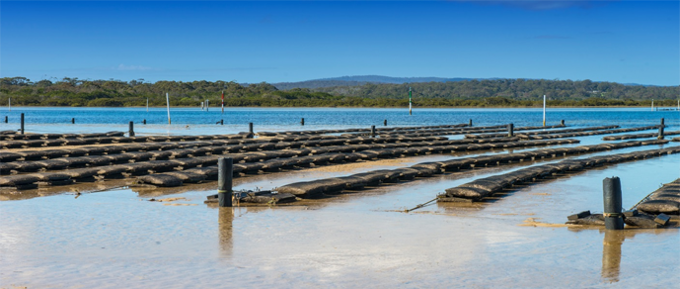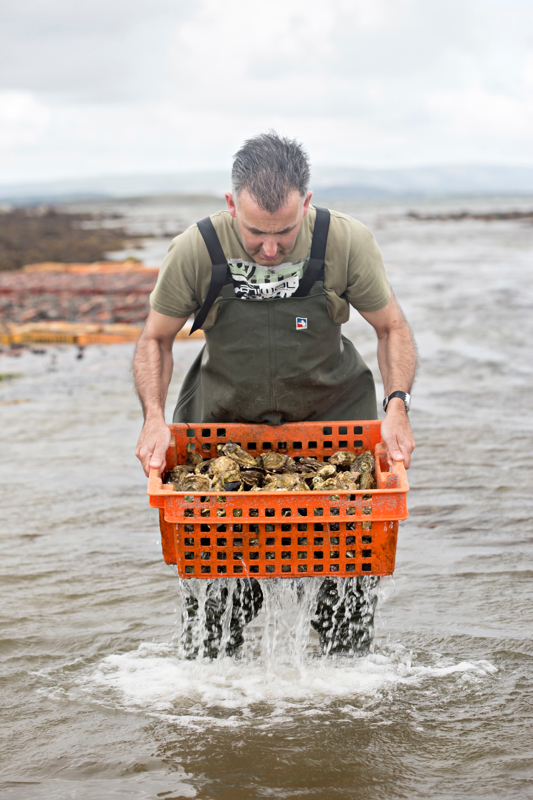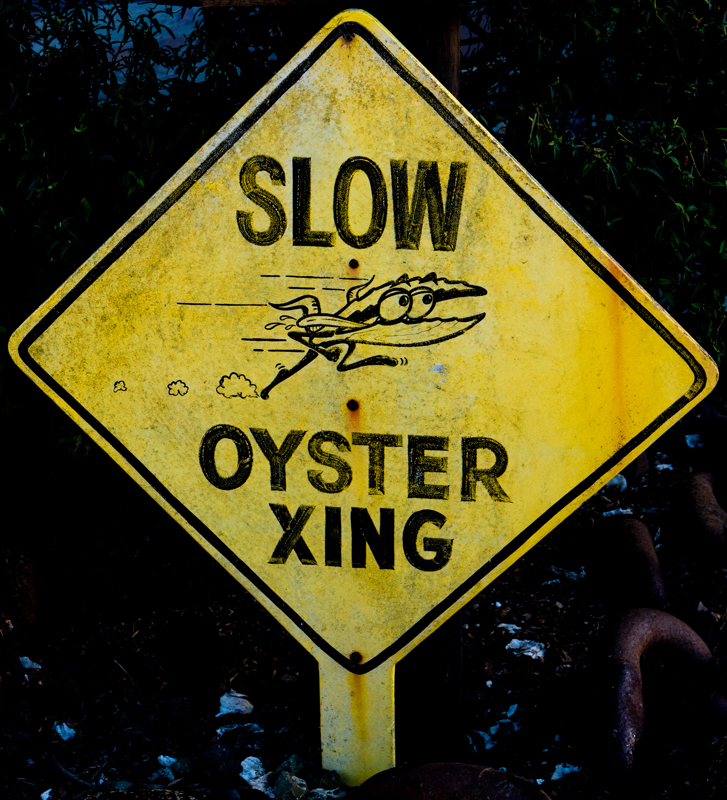
Virginia Oyster Lease Renewal - VMRC Guidance
Virginia Marine Resources Commission (VMRC) Approves New Guidance on Oyster Leases for Oyster Planting Grounds
At the March 23, 2021 meeting of the Virginia Marine Resources Commission (VMRC), the Commission unanimously approved a new guidance document outlining how the VMRC will handle renewals of general oyster planting grounds (otherwise known as “oyster leases”). A previous article in this blog explains how to get an oyster lease. These leases expire after ten years but the leaseholder enjoys the ability to renew the lease provided certain conditions are satisfied.

(Oyster Farming Grounds Photo by Bartosz Luczak/Shutterstock.com)
The Guidance Document Adoption is Meant to Address the Rise in Demand for Oyster Leases and Unproductive Oyster Leases
All of this takes place against the backdrop of user conflicts that arise from a natural and quite healthy competition for access to and use of the waterways in Virginia. One of these user conflicts comes about when oystermen seek to install floating cages in waters that adjoin residential waterfront property in Virginia and issues of riparian property rights, specifically waterfront property owners riparian rights versus oyster aquaculture companies. We have also written in this blog about how eliminating unproductive leases might be a strategy that could reduce conflict between oystermen and waterfront property owners in Virginia. Obviously, refusing renewal as to unproductive leases could assist in the implementation of such a strategy. Another user conflict arises in the context of what are called “spite” oyster leases. We have seen this tactic employed by some waterfront property owners whose goal is to interfere with a planned dredging project that, if allowed to proceed, would restore deep water access for their neighbors. Those who want to hinder the dredging project, or perhaps even block it altogether, adopt the tactic of acquiring an oyster planting ground in the path of the dredging project. Oysters Leases can be a shield for dredging projects, and to include the way that the General Assembly changed Virginia code §28.2-618 to provide a remedy as to “spite” leases in the context of a large dredging project sponsored by the City of Virginia Beach.
The VMRC’s newly adopted guidance on renewals of general oyster planting grounds addresses the problem of unproductive leases by adopting a quantitative metric of “one bushel per acre per year as the minimum requirement for lease renewal” for oysters. For clams, the metric is 400 clams per acre per year. The guidance does not explicitly address the “spite” lease problem but perhaps creates the avenue to oppose the renewal of a lease that blocks another productive use by assessing whether “the renewal is in the public interest considering the factors in subsection A of 28.2-1205 of the Code.”

(Oyster Farming Grounds Sign Photo by David A. Litman/Shutterstock.com)
Absence of any Obligation to Notify the Public Leaves Nearby Waterfront Property Owners Unaware that the Renewal Application is Pending
A significant frailty in the process is the absence of any obligation to notify the public that a lease renewal application has been submitted to VMRC. The Virginia code in comparable situations requires public notice in one form or another. For example, when a person submits the initial application for an oyster lease, Virginia code §28.2-606 requires that notice be placed on the VMRC website for at least 30 days and that notice be published at least once a week for two consecutive weeks in the local newspaper. In another comparable situation, a person who applies to the VMRC for a permit must deliver notice to each “adjacent property owner.” There is minimal-to-no-transparency in the lease renewal process which means that, speaking practically, people who own nearby waterfront property and others with an interest are left entirely unaware that the renewal application is pending. This unfortunate feature of the law deprives stakeholders of the ability to have their voices heard in the lease renewal process.
Contact Jim Lang if you would like to see him publish more information on oyster leases or oyster lease renewals in the state of Virginia. Of course, you can always contact Jim for his advice and assistance in connection with any specific needs on the waterfront.
